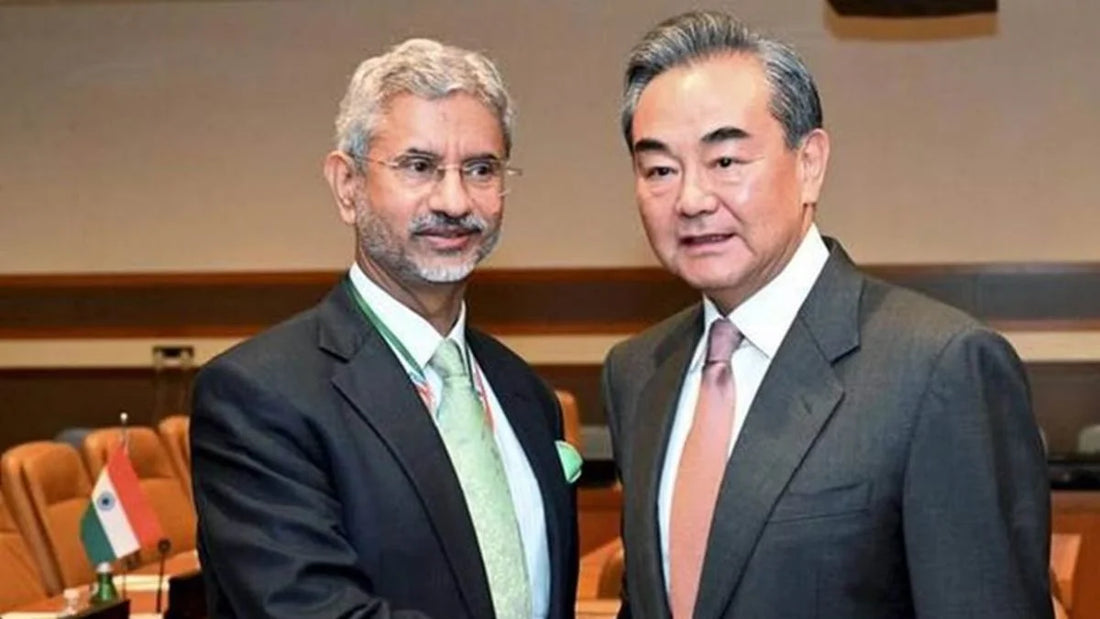Chinese Foreign Minister Advocates for Partnership with India Amidst Renewed Diplomatic Engagements

In a recent development that signals improving relations, Chinese Foreign Minister Wang Yi urged India and China to view each other as partners rather than threats, during his two-day visit to Delhi. This call for partnership marks a potential easing of tensions after several years of discord over the disputed Himalayan border.
During his visit, Wang Yi engaged in discussions with Indian External Affairs Minister S. Jaishankar and National Security Advisor Ajit Doval. The talks covered various bilateral matters, including trade, pilgrimages, river data sharing, and ongoing negotiations over boundary disputes. Wang expressed satisfaction with the current status, stating, “We are happy to share that stability has now been restored at the borders,” and noted that past setbacks were not beneficial for either nation.
This visit is significant as it represents only the second high-level meeting following the 2020 Galwan Valley clashes, which had a significant negative impact on India-China relations. Both countries have been working towards normalization, having agreed on patrolling arrangements, resumed border trade talks, and reinstated visa services and pilgrimage access. Additionally, there are reports suggesting that direct flights between the two nations might resume later this year.
Wang Yi's visit paves the way for Prime Minister Narendra Modi's first visit to China in seven years, where he is expected to attend the Shanghai Cooperation Organisation (SCO) Summit. This summit could also provide an opportunity for bilateral discussions with Chinese President Xi Jinping.
Indian external affairs officials emphasized the necessity of establishing a fair, balanced, and multipolar world order. They highlighted the significance of global economic stability amidst shifting geopolitical scenarios, including rising tensions with the United States.
The diplomatic interactions suggest a cautious resetting of India-China relations, integrating border stability with economic cooperation and strategic dialogues. This approach sets the groundwork for more profound engagements at the forthcoming SCO Summit.



















